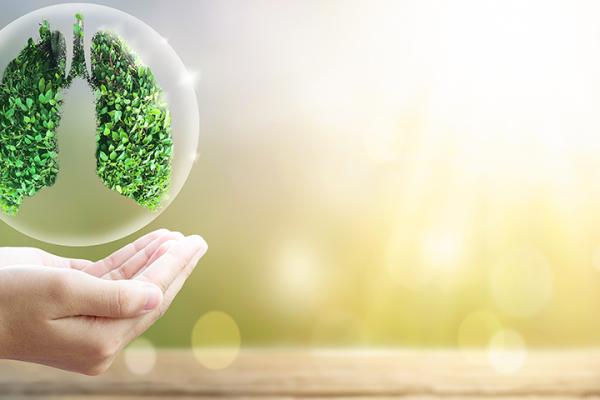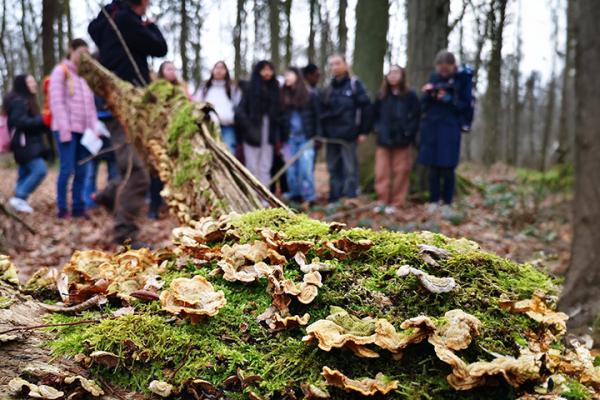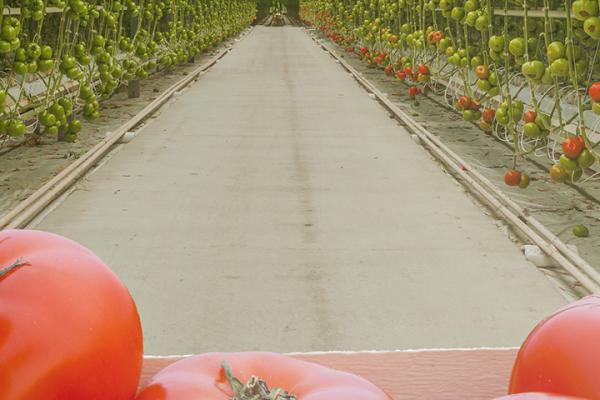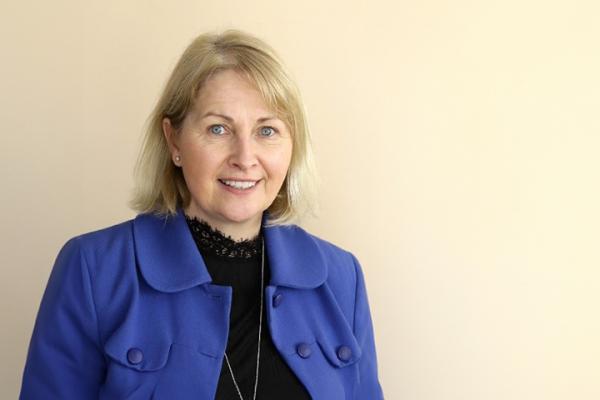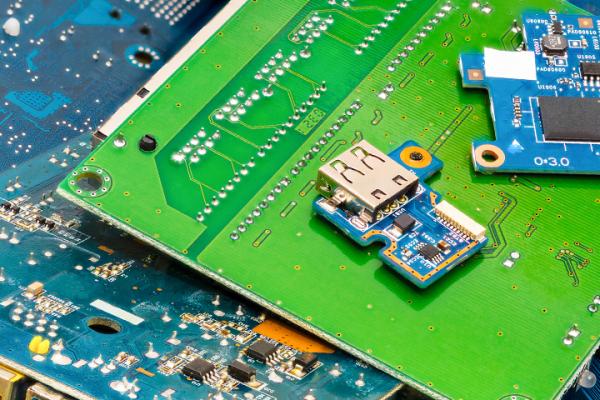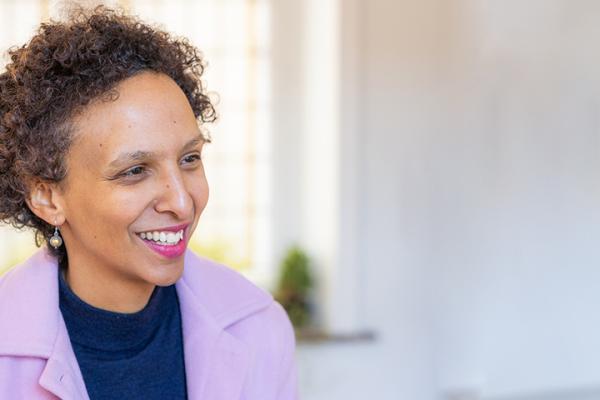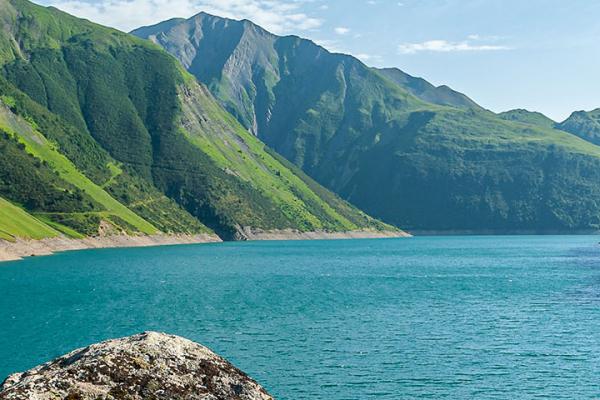Microbes and fungi have long been nature’s helpers in producing fine food, drinks and medicine, but new digital technologies could unlock far greater potential for the European biotech sector.
Collaboration between Europe and Africa on support for small business start-ups is heralding in a new era for EU-Africa cooperation on innovation.
EU-funded researchers are looking to nature for inspiration on how to treat acute respiratory distress syndrome, a life-threatening condition affecting thousands every year.
EU-funded researchers are exploring new ways to learn that make science more relevant to everyday life – and more fun.
Commercial greenhouses in Europe are testing new energy and water efficiency technologies in support of the green transition.
New treatments being developed by EU-funded researchers will improve both survival rates and the long-term health of babies born early.
Female-led rural enterprise will help Europe achieve its environmental goals, according to an EU-funded expert.
Greener sensors, circuit boards and other electronic devices are being developed by EU researchers to reduce unsustainably high levels of e-waste.
A Belgian region’s environmental and social conditions for research funding offer a possible model for the EU.
The EU drive towards green energy is seeking to harness a traditionally clean power source – with some tweaks.







